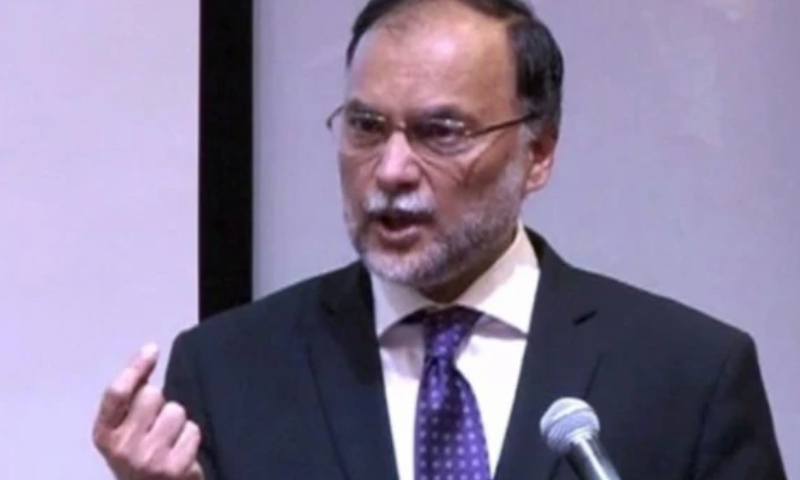- Web Desk
- Jun 05, 2025
Experts urge 26% FED increase to combat smoking epidemic
-

- Web Desk
- Mar 11, 2024

ISLAMABAD: While International Women’s Day celebrations mark strides in women’s empowerment, a grim reality looms unnoticed—the heavy toll of smoking, especially among women.
According to a study by the Pakistan Institute of Development Economics (PIDE), the true cost of smoking for females remains underestimated, owing to their lower labor force participation and the challenge of quantifying their informal household contributions.
Central to this issue is the affordability of cigarettes, prompting calls from civil society and health experts for a Federal Excise Duty (FED) hike. Dr Hassan Shehzad of IIUI noted that smoking rates in rural areas surpass urban ones, exacerbated by the accessibility of cheap cigarettes—a result of multinational companies’ sway over government policies.
The PIDE report underscores the staggering economic toll, with smoking-related diseases and deaths costing Pakistan a staggering Rs615.07 billion ($3.85 billion) in 2019, with males bearing 92% of the burden.
To address this crisis, experts advocate for a 26% FED increase on cigarettes to cover healthcare expenses and offset revenue shortfalls. Civil society activists echo this demand, emphasizing the need for a uniform tax system in line with international guidelines.
Currently, Pakistan employs a two-tier tax system on cigarettes, exploited by multinational corporations to minimize tax liabilities, thus lowering prices and widening access. This accessibility, however, contributes to skyrocketing healthcare costs and mortality rates.
While FED rates saw a significant surge in 2022-23, reaching 48% and 68% for low and high-tier products, respectively, a subsequent plateau in 2023-24 poses risks to revenue and public health initiatives, warns the report.
As Pakistan grapples with the devastating consequences of smoking, urgent action is needed to implement effective taxation policies that not only deter consumption but also alleviate the socioeconomic burdens it imposes on society.




